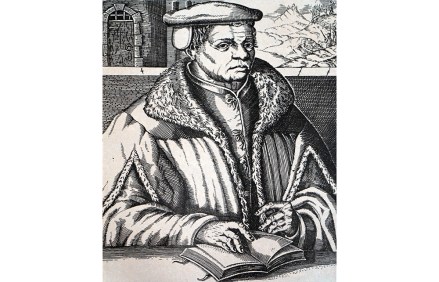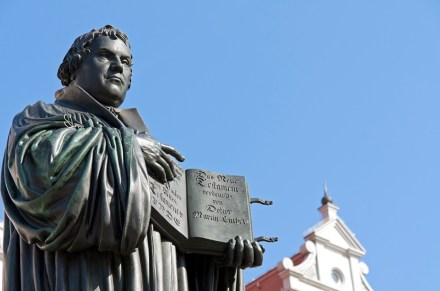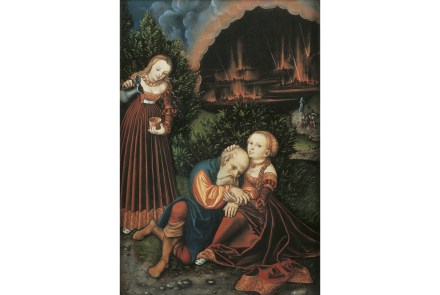The firebrand preacher who put Martin Luther in the shade
‘Now tell us, you miserable wretched sack of maggots,’ wrote Thomas Müntzer, sounding like the love child of Owen Jones and Ian Paisley, ‘who made you into a prince over the people whom God redeemed with his own precious blood?’ The question Müntzer posed Count Albrecht of Mansfeld was, you’d think, rhetorical. Like his contemporary Martin Luther, if less unremittingly scatological, the radical millenarian preacher wielded a sharp pen. Don’t forget Ezekiel’s prophecy, he wrote to Count Albrecht’s brother Ernst: ‘God would command the birds of the air to feast on the flesh of the princes and command the unthinking beasts to lap up the blood of the bigwigs.’ Only





